
Social phobia or social anxiety disorder is one of the common mental problems among Americans. After depression and alcoholism, social phobia is the third mental disorder in the USA, and more than 19 millions of Americans suffer from this problem. Exact causes of this mental disorder are still unknown, but medical doctors believe that biological, environmental and psychological factors may contribute to the development of this medical condition. In some cases, social phobia might be associated with other mental problems, including depression, panic and obsessive-compulsive disorders.
Individuals with this disorder can experience serious problems when confronted with normal and everyday activities, such as eating and drinking in the presence of people, and also writing and working, while alone. Even something insignificant like using a public toilet or talking on the telephone might cause anxiety and stress. They do not like being the center of attention or talking in front of other people.
Social Phobia Signs and Symptoms
Social anxiety disorder may cause people to feel that something’s wrong, but they can’t pinpoint what it is exactly. These patients may experience intense anxiety in all kinds of social interactions, and some physical symptoms as well, including: sweating, shaking, blushing, confusion, stomach problems, diarrhea, muscle tension and pounding heart. Even just thinking about the unpleasant social activity may activate undo “anticipatory” anxiety in these people. Usually, these patients are aware that the fear is unreasonable but they can’t do anything to stop overreacting to the situation. Because of that, there are a number of patients avoiding all types of social situations, which might affect their work, career, and relationships with their friends, family and others.
Available Treatments
Social anxiety disorder can appear at any age, including young children and older people, but it’s most common among teenagers and young adults, especially among women. There are no tests and diagnostic procedures for the diagnosis of social phobia, but your doctor or psychiatrist will talk to you and diagnose the condition according to your symptoms and medical history. Also, doctors will be able to assess the severity of your symptoms and degree of dysfunction caused by social phobia.
Medications and behavior therapy are two main approaches when it comes to the treatment of social anxiety disorder, and most of the patients can recover and enjoy their life to the fullest after the therapy. You might be prescribed some anti-depressants, beta blockers or tranquilizers, suitable for the treatment of your symptoms, and these drugs can be used alone or with the therapy, in order to help you achieve better control over your life and decrease anxiety.






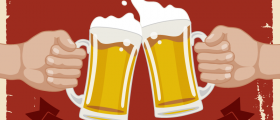
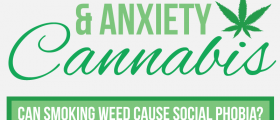
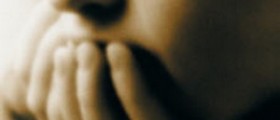

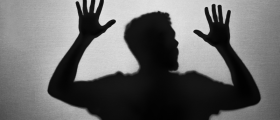


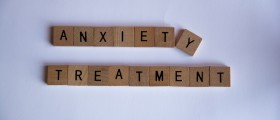


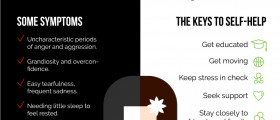
Your thoughts on this
Loading...